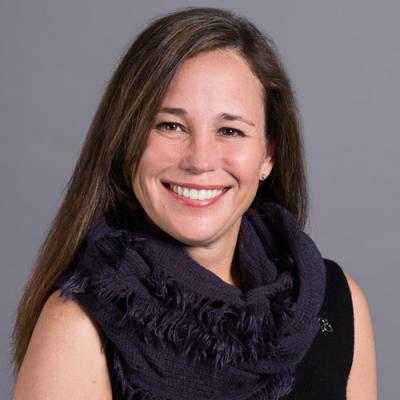Yesterday, the Alzheimer's Association hosted a briefing on Capitol Hill to highlight the Association's 2018 Dementia Care Practice Recommendations. The recommendations are aimed at helping nursing homes, assisted-living facilities and other long-term care and community-based care providers deliver optimal quality, person-centered care for those living with Alzheimer's and other dementias.
The event featured special guest remarks by Alzheimer's champions Senator Susan Collins (R-Maine) and Senator Catherine Cortez Masto (D-Nev.), the lead sponsors of the Building Our Largest Dementia (BOLD) Infrastructure for Alzheimer's Act (S. 2076/H.R. 4256). The legislation, developed in coordination with the Alzheimer's Impact Movement (AIM), would create an Alzheimer's public health infrastructure across the country to implement effective Alzheimer's interventions focused on public health issues such as increasing early detection and diagnosis, reducing risk and preventing avoidable hospitalizations.
Senator Collins founded the Congressional Task Force on Alzheimer's 19 years ago at a time when she says, "there was virtually no focus in Washington on this devastating disease." Since then we have made tremendous progress including securing care planning services for people living with dementia through Medicare and nearly tripling Alzheimer's research funding at the National Institutes of Health in just five years. "Today, we are unafraid. The statistics are still scary but we join in a unified coalition to rewrite the future of this disease," said the Senator.
The 2018 Dementia Care Practice Recommendations were developed by 27 dementia care experts convened by the Alzheimer's Association, and based on a comprehensive review of current evidence, best practice, and expert opinion, the recommendations seek to better define quality care across all care settings, and throughout the disease course.
In addition to updating and enhancing previous recommendations in areas familiar to the dementia care community, the recommendations break important new ground. Most notably, the recommendations offer guidance to community-based and residential care providers on detection and diagnosis and ongoing medical management - topic areas typically reserved for clinicians. Recommendations in these two areas are written specifically for non-physician care providers and address what these providers can do to help with these important aspects of holistic, person-centered dementia care.
It is estimated that nearly 60 percent of older adults with Alzheimer's or other dementias reside in the community (outside a hospital or clinical setting). About 25 percent of these individuals live alone, but the remainder receives care from family members, unpaid caregivers, and community-based and residential care providers. By age 80, 75 percent of people with Alzheimer's dementia are admitted to a nursing home. The new recommendations are aimed at guiding care in all these settings.
Closing the event, Senator Cortez Masto spoke about what drives her to work for the needs of people affected by Alzheimer's. Cortez Masto lost her maternal grandmother, whom she is named for, to Alzheimer's disease and along with her family acted as a family caregiver. A new member of the U.S. Senate, she asked to join the Senate Aging Committee because of this connection. "Anytime I have an opportunity to be an advocate - to fight - in this case to get more research funding I will do it".
While an important milestone, publishing the dementia care practice recommendations in a special edition of the Gerontologist is a beginning to how the Alzheimer's Association advocates, recommends and supports quality dementia care in the community moving forward. Our challenge is to move from working with experts to publish the evidence-based recommendations, to ensuring adoption of the recommendations in the broad spectrum of care-providing organizations. Implementation of the dementia care practice recommendations will require cross-sector collaboration to ensure that all who receive care have access to person-centered, quality dementia care.
Visit alz.org/dementia-care-practice-recommendations to learn more.
